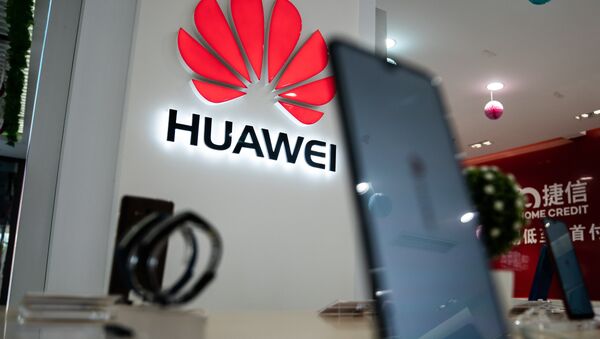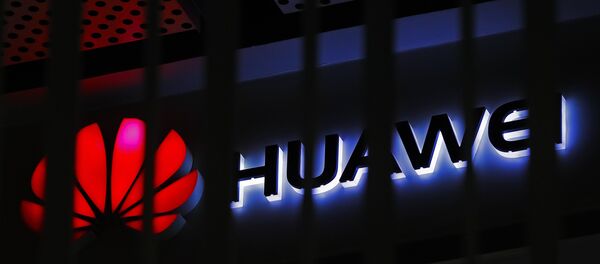Sputnik: A US move to put Huawei on a trade blacklist "sets a dangerous precedent" that will harm billions of consumers, the firm's top legal officer said. How true is this and what is the significance in these most recent statements?
Sputnik: What other moves, if any, could we see from being taken from the US against Huawei?
Tom Harper: They've been talking about blacklisting major Chinese drone manufacturers and in fact what we might see is increased pressure on US allies, which is already happening, to not use it as part of their infrastructure. So far, it's limited success. I think that's probably what we will see in the future and in fact, it follows a sort of precedent established by what happened with Toshiba, which had previous enjoyed a similar position to Huawei back in the 80s and of course, they used a lot of security leverage to undermine their position as a dominant leader in semiconductor technology.
Tom Harper: In many ways, that is the danger of a zero sum mentality, on one hand one move to harm another party can hurt the one who is carrying it. For example, some of the leverage that China's can talk about is its monopoly of rare earth minerals, which is an important component of many technologies, including defence technology. In fact, we've seen them threatening to use that as one of third nuclear options. Ironically, whilst what we might see a server for the 'balkanization' of the internet rather than the idea of another Iron Curtain, where the sort of the national internets are split into several different blocks and ironically, probably the biggest challenge will be the new face will be as they move against the 'Made in China 2025' program, which is effectively Chinese technological leadership or even Otaki, and the recent moves may make them push even further towards that. So, again, all these interactions don't always have the same result.
The views expressed in this article are those of the speaker and do not necessarily reflect those of Sputnik.



